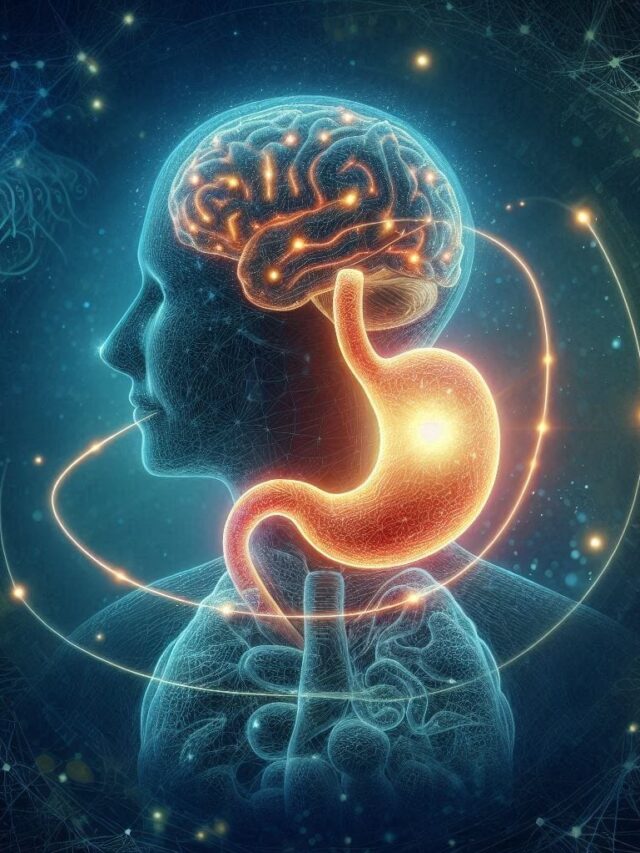High cholesterol affects millions of people worldwide, but here’s the good news: the right foods can be powerful allies in your fight against elevated cholesterol levels.
Research consistently shows that certain superfoods contain compounds that actively work to reduce harmful LDL cholesterol while supporting overall heart health.
Rather than relying solely on medications, incorporating these evidence-based dietary choices can make a meaningful difference in your cholesterol profile and cardiovascular wellness.
How Food Actually Fights Cholesterol

You know what’s fascinating? The way different foods tackle cholesterol isn’t just one-size-fits-all. These nutritional powerhouses work through several distinct mechanisms that scientists have identified through decades of research.
Soluble fiber acts like a sponge in your digestive system, forming a gel-like substance that literally traps cholesterol and its precursors before they can enter your bloodstream.
Think of it as your intestinal cleanup crew, grabbing onto cholesterol particles and escorting them out of your body through waste elimination.
Meanwhile, certain foods contain polyunsaturated fats that directly target LDL cholesterol levels. Others are packed with plant sterols and stanols – natural compounds that essentially block your body’s ability to absorb dietary cholesterol.
It’s like having multiple defense systems working simultaneously to keep your cholesterol in check.
The Fiber Champions: Oats and Whole Grains
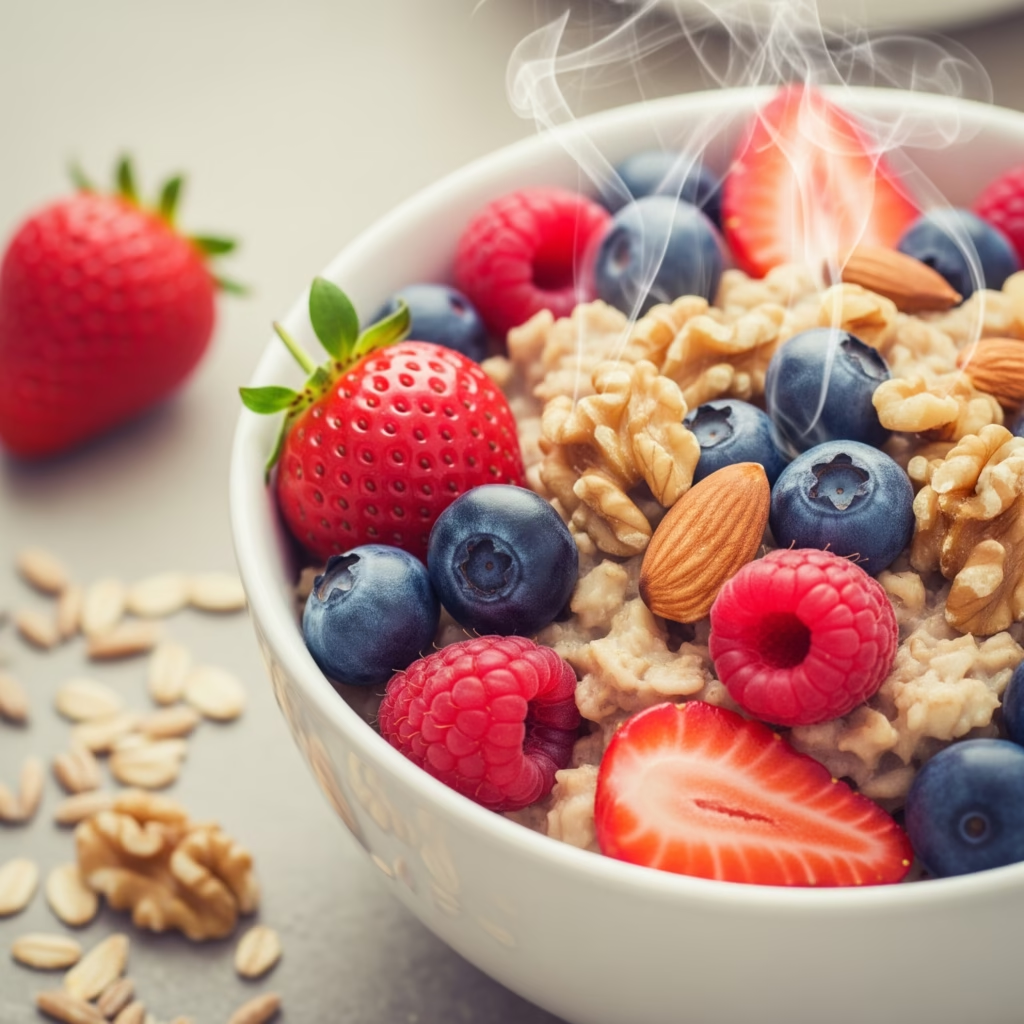
Let’s start with what might be the most accessible cholesterol-fighting food in your pantry: oats. A simple bowl of oatmeal delivers 1 to 2 grams of soluble fiber, and when you add fresh berries, you’re getting even more.
Research from 2022 specifically highlighted that consuming 3 grams of beta-glucan from oats significantly reduced LDL cholesterol.
Here’s the thing about oats – they’re not just effective, they’re incredibly versatile. Cold cereals like Cheerios count too, making this heart-healthy choice easy to incorporate into busy mornings.
Barley deserves equal attention; like oats, it’s rich in the same cholesterol-busting soluble fiber that makes such a difference.
The current nutrition guidelines recommend 20 to 35 grams of total fiber daily, with at least 5 to 10 grams coming from soluble fiber sources.
Most Americans get roughly half that amount, which means there’s significant room for improvement in most people’s diets.
Legumes: The Protein-Packed Cholesterol Fighters
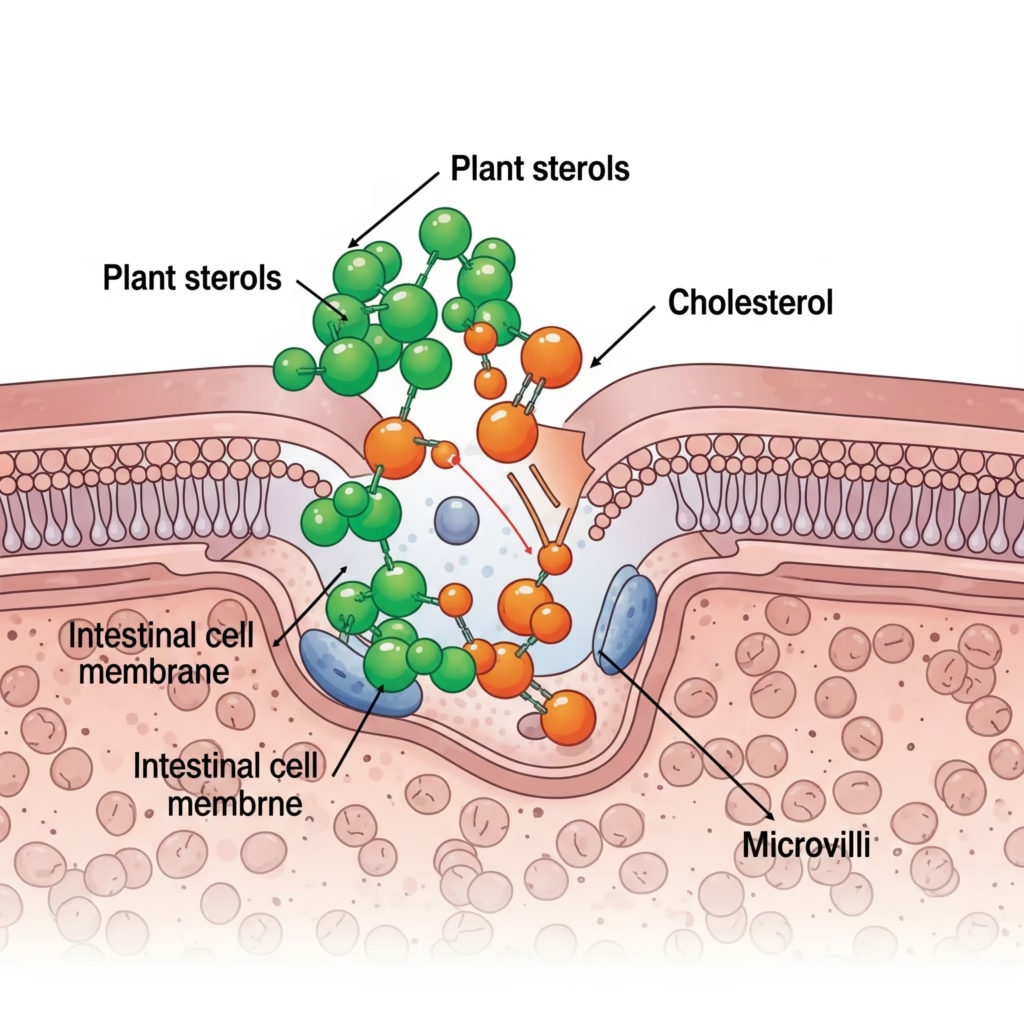
Beans might not seem glamorous, but they’re nutritional powerhouses when it comes to cholesterol management. They’re especially rich in soluble fiber and have an added bonus: they take considerable energy to digest, meaning you feel satisfied longer after eating them.
This makes beans particularly valuable for people managing both cholesterol and weight.
The variety available is staggering – navy beans, kidney beans, lentils, chickpeas, black-eyed peas, and countless others. Each brings its own flavor profile and cooking possibilities.
In a 2021 study, adults with elevated LDL cholesterol who consumed one cup of various beans daily saw meaningful improvements in their cholesterol profiles.
What makes legumes particularly interesting is their dual benefit: the soluble fiber content directly addresses cholesterol, while the protein content can help reduce reliance on higher-fat protein sources that might contribute to cholesterol problems.
Image prompt: Rustic wooden table with various colorful dried legumes in glass jars and bowls – lentils, chickpeas, black beans, kidney beans
Nuts: Small Packages, Big Impact
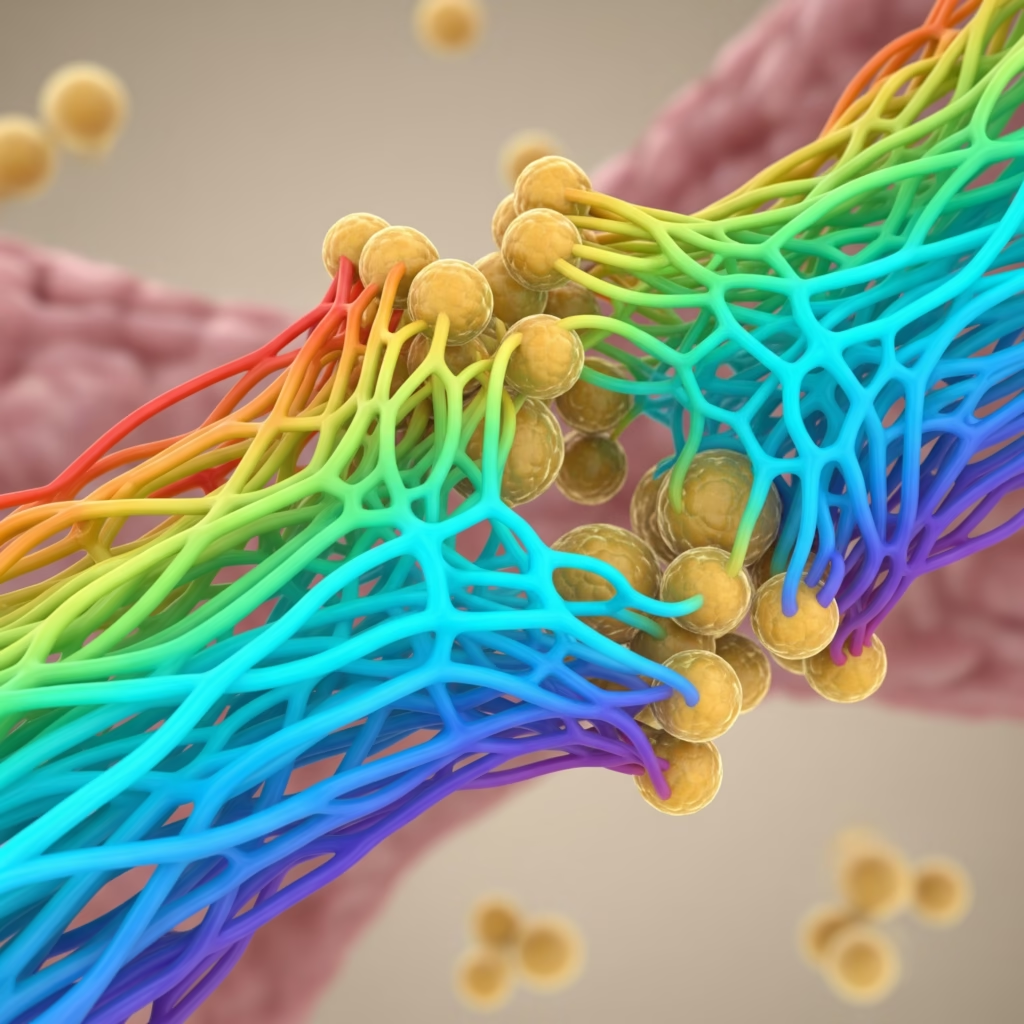
Here’s where things get really interesting. Multiple studies consistently demonstrate that eating almonds, walnuts, peanuts, and other nuts provides measurable cholesterol benefits. The research is so robust that it’s become a cornerstone recommendation in heart-healthy eating patterns.
Nuts work through their polyunsaturated fat content, which directly lowers LDL cholesterol. They’re also convenient – a small handful provides significant benefits without requiring cooking or preparation. The key is portion control; while nuts are tremendously beneficial, they’re also calorie-dense.
Whole almonds seem particularly effective, though walnuts bring additional omega-3 fatty acids to the table. The versatility of nuts means they can enhance salads, yogurt, oatmeal, or simply serve as a satisfying snack between meals.
Unexpected Vegetable Heroes
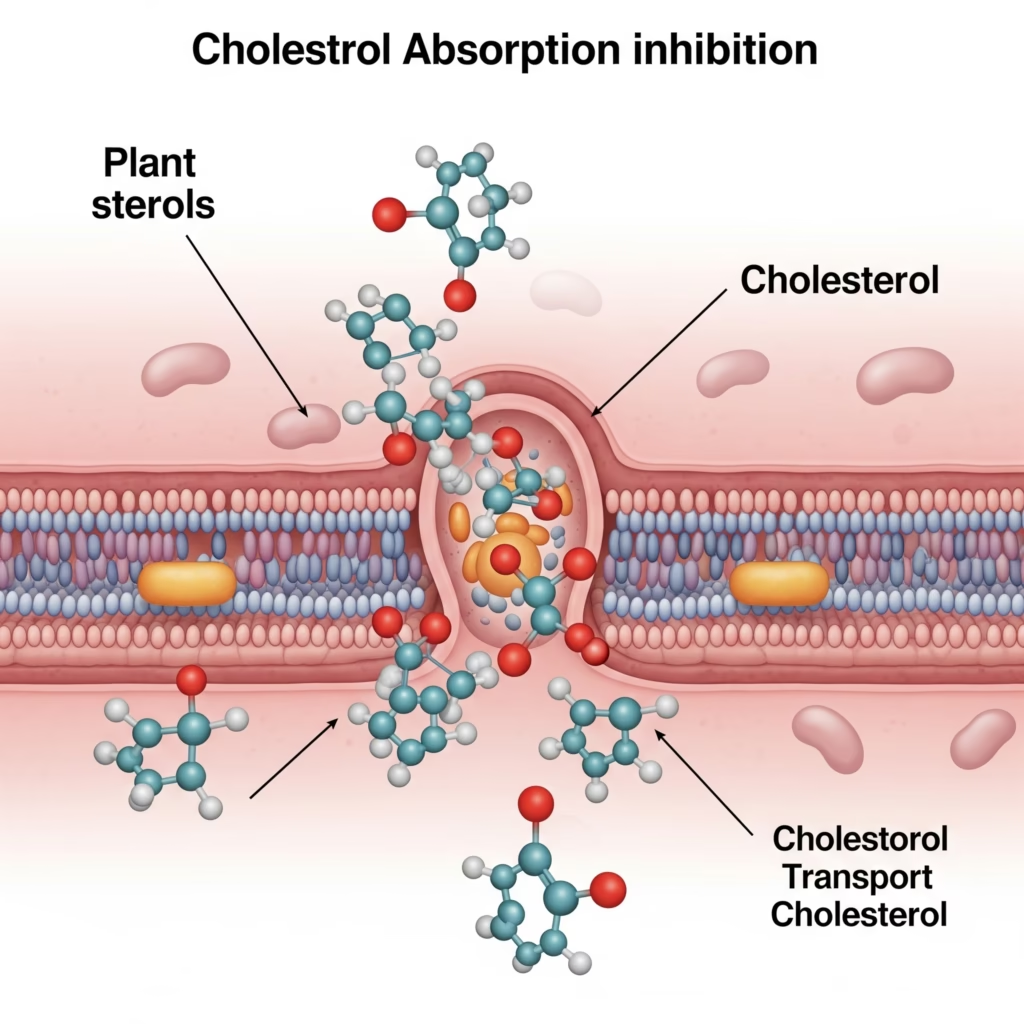
Eggplant and okra might not be the first vegetables that come to mind for cholesterol management, but both are excellent sources of soluble fiber. These low-calorie options can easily fit into various cuisines and cooking styles.
Eggplant’s meaty texture makes it an excellent substitute for higher-fat proteins in many dishes. Okra, while sometimes divisive due to its texture, provides substantial soluble fiber benefits and works beautifully in soups, stews, and southern-style preparations.
The beauty of these vegetables lies in their versatility and low caloric impact. You can incorporate significant amounts without worrying about excessive calories, making them ideal for people managing multiple health concerns simultaneously.
Plant Sterols: Nature’s Cholesterol Blockers
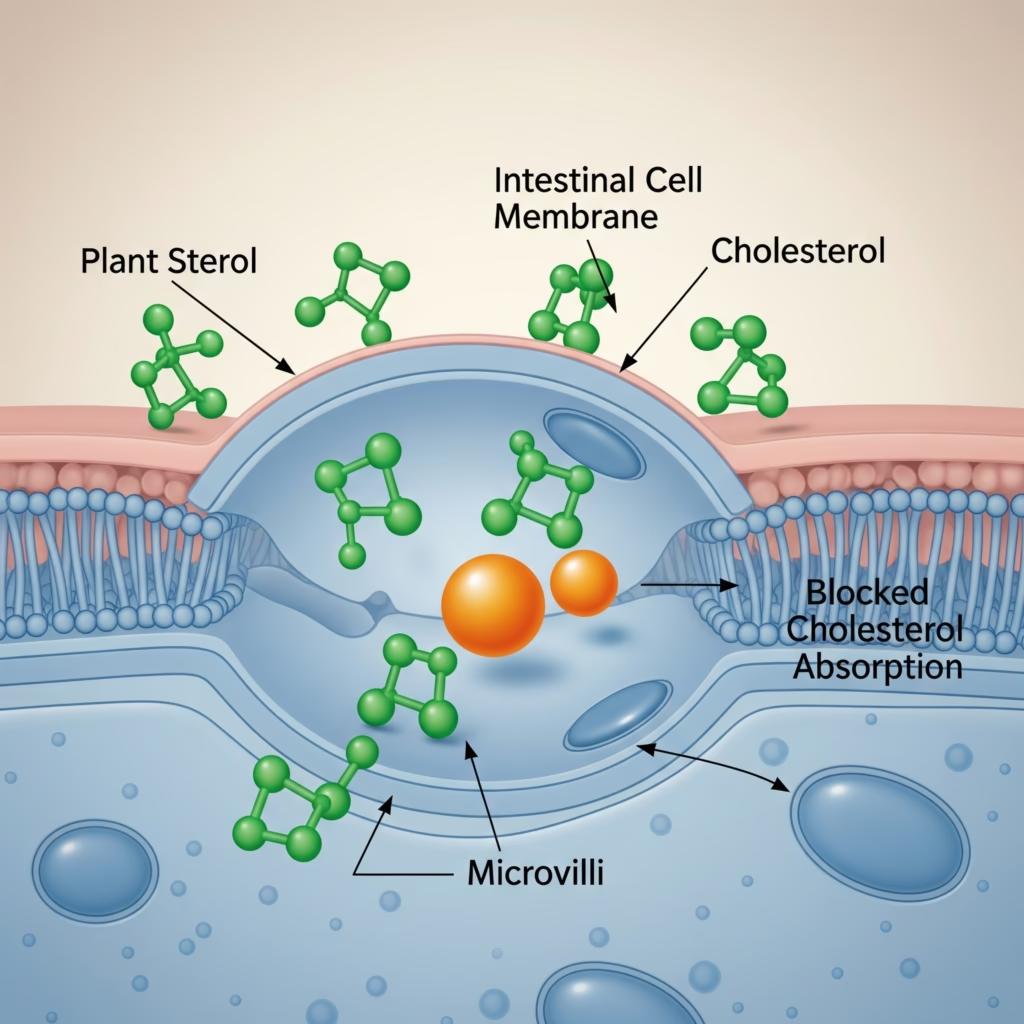
Plant sterols and stanols represent one of the most scientifically validated approaches to cholesterol management. Clinical studies consistently show that consuming 2 grams daily leads to an 8-10% reduction in LDL cholesterol levels. That might not sound dramatic, but it’s clinically significant.
These compounds work by competing with cholesterol for absorption in your intestines. Since typical Western diets contain only about 300 mg of natural phytosterols daily, many people benefit from foods specifically enriched with these compounds.
Margarine enriched with plant sterols, certain yogurts, and specialized spreads can help achieve the recommended 2-gram daily intake.
The research shows that plant sterols and stanols have comparable effects, with benefits plateauing around 3 grams daily. Higher doses don’t provide proportionally greater benefits, making the 2-gram target both achievable and effective.
Making It Work in Real Life
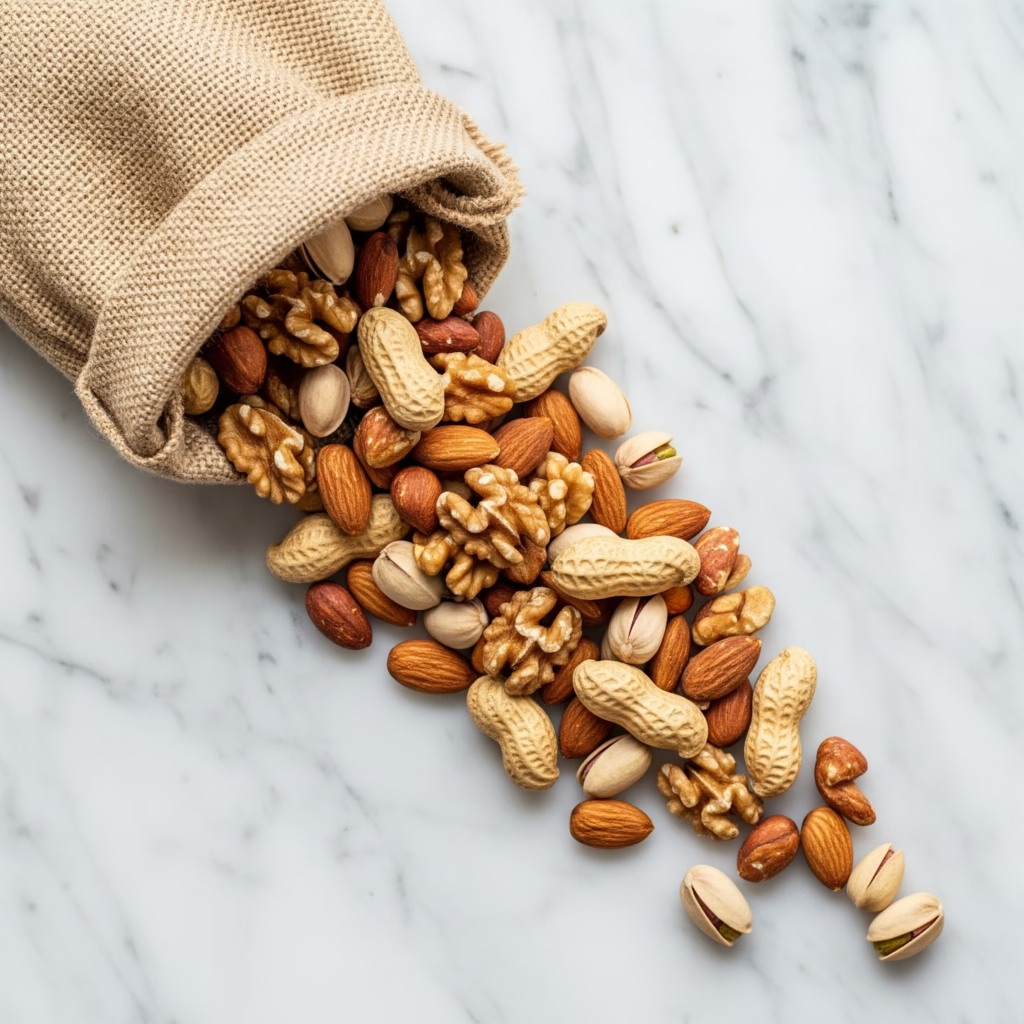
Honestly, the biggest challenge isn’t knowing which foods help – it’s consistently incorporating them into your daily routine. The most successful approach involves gradual changes rather than dramatic dietary overhauls.
Start with breakfast: swap your usual cereal for oatmeal with berries. Add nuts to salads or yogurt. Experiment with bean-based soups and stews. Choose plant sterol-enriched spreads when available. These small changes compound over time to create meaningful improvements.
The research shows that shifting to a cholesterol-lowering diet requires more attention than simply taking medication, but the benefits extend far beyond cholesterol numbers.
You’re simultaneously improving fiber intake, adding antioxidants, and often reducing calories from less healthy food choices.
Remember that dietary changes work best alongside other heart-healthy behaviors: regular physical activity, stress management, and maintaining a healthy weight all contribute to optimal cholesterol levels and overall cardiovascular health.
